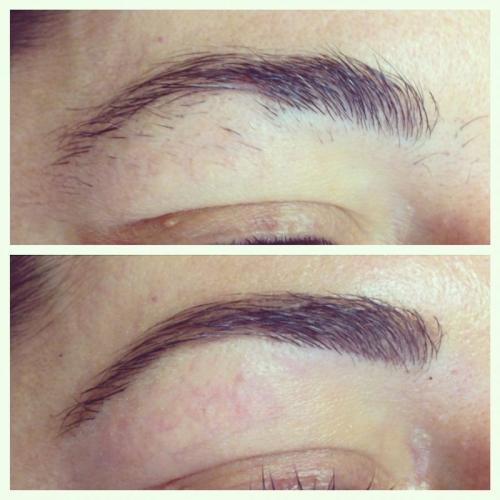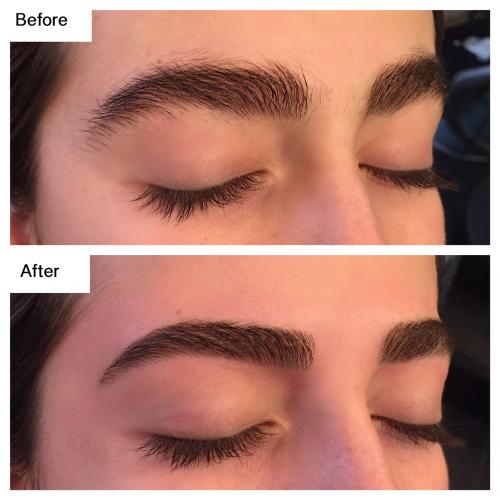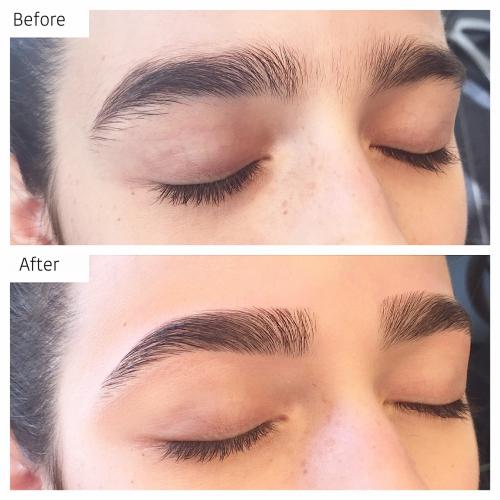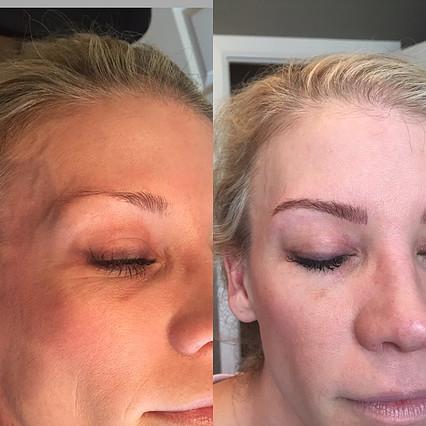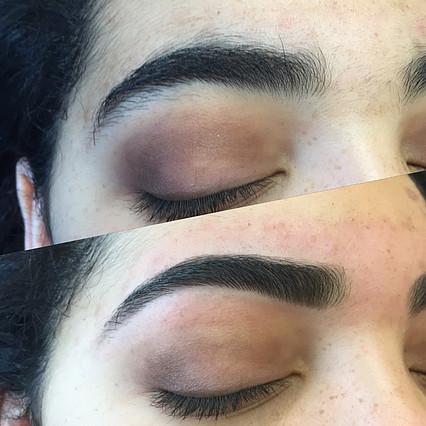To Buy Augmentin Online Visit Our Pharmacy ↓

Understanding Augmentin: What It Treats and How It Works
Augmentin is a potent antibiotic that combines amoxicillin and clavulanate potassium. It is primarily used to treat bacterial infections such as sinusitis, pneumonia, and skin infections. The formulation works by targeting and destroying the cell walls of bacteria, which effectively halts their growth and spread. Clavulanate enhances the effectiveness by inhibiting certain bacterial enzymes that can resist amoxicillin. Below is a concise overview of how Augmentin works and what it treats:
| Component | Function |
|---|---|
| Amoxicillin | Destroys bacterial cell walls |
| Clavulanate | Blocks bacterial resistance mechanisms |
Alcohol and Augmentin: Potential Interactions Explained

Augmentin, a common antibiotic, is typically used to treat infections caused by bacteria, like sinusitis, pneumonia, and ear infections. When mixed with alcohol, there's a risk of amplifying side effects such as dizziness and nausea. Alcohol can also impair the immune system, potentially slowing down your recovery process, which Augmentin aims to speed up. The liver, responsible for metabolizing both alcohol and medicine, might be overburdened, potentially diminishing Augmentin's effectiveness. It's crucial to understand these interactions to maintain your health regimen.
Side Effects of Mixing Augmentin with Alcohol
Mixing Augmentin, a commonly prescribed antibiotic, with alcohol can lead to more than just an unpleasant experience. For some people, the combination might exacerbate Augmentin's side effects such as nausea, dizziness, and upset stomach, making a night out less enjoyable and more discomforting. Alcohol itself can irritate the stomach lining, and when combined with Augmentin, this irritation could intensify, resulting in a range of gastrointestinal issues.
Furthermore, both Augmentin and alcohol are metabolized by the liver. Consuming them together may place an undue burden on this vital organ, potentially impairing its function over time. This overload risks not only reducing the effectiveness of Augmentin in treating infections but also prolonging recovery. A night of indulgence could therefore turn into days of undesirable consequences, disrupting the healing process.
Expert Opinions: What Doctors Recommend

Medical professionals are in unison when it comes to the question of consuming alcohol while taking Augmentin. They caution that alcohol can potentially increase the risk of side effects or exacerbate them. Augmentin can cause gastrointestinal upset, and adding alcohol to the mix can heighten this discomfort, leading to increased nausea or dizziness.
Furthermore, doctors emphasize that alcohol can impair your immune system's response, which is counterproductive when taking antibiotics. While some might suggest that moderate alcohol consumption may not lead to severe interactions, the consensus remains that it's safer to abstain. Physicians advise focusing on staying hydrated and ensuring your body can maximize the antibiotic's effectiveness without unnecessary burdens.
Safe Practices When on an Augmentin Prescription
While taking an Augmentin prescription, maintaining safe practices is crucial for your health and healing process. Firstly, it's essential to adhere strictly to the prescribed dosage and schedule, ensuring the antibiotic's full effectiveness. Consistency helps in effectively targeting bacterial infections. Also, to minimize potential gastrointestinal discomfort, it's advisable to take Augmentin with a meal or a snack.
Additionally, stay hydrated by drinking plenty of water, which aids in reducing potential side effects. It's also wise to avoid engaging in any activity that requires acute mental alertness until you know how Augmentin affects you. Remember to inform your healthcare provider about any other medications or supplements you're taking, as these can interact with Augmentin and alter its effectiveness. Below is a quick reference guide for your convenience:
| Practices | Details |
|---|---|
| Adhere to Schedule | Follow the prescribed dosage and timing |
| Stay Hydrated | Drink plenty of water |
| Consult Doctor | Inform about any other medications |
Real-life Stories: Patients' Experiences Combining the Two
Sarah, a college student, recounted how she felt lethargic and dizzy after a wine night while on Augmentin for a sinus infection. She hadn't anticipated that just a glass would intensify her medication's effects. Similarly, Tom shared his surprise when a couple of beers led to unexpected stomach cramping and nausea. His workday afterward was challenging, with frequent restroom visits. On the other hand, Jenny mentioned slight discomfort, saying she experienced mild headaches, yet nothing alarming. Her doctor emphasized caution during her prescription, which she occasionally disregarded. Collectively, these narratives underscore the diverse and individual reactions people have when mixing Augmentin with alcohol.
Before & After
Testimonials
Read out what our customers say about our services.
Read Testimonials
Join Our VIP List
Great News!
Comming soon our new location in Fort Worth (Alliance area)
3529 Heritage Trace Parkway, Suite 163
Fort Worth, TX 76244
Sign up now to join our VIP list and receive coupons

